New Zealand is renowned for its breathtaking landscapes and vibrant cities, yet living in these urban centers can come with a hefty price tag. As housing costs and living expenses continue to rise, it becomes crucial for residents to adopt smart financial strategies to make city living more affordable. In this article, we will explore innovative ways to save money while residing in New Zealand's expensive cities, offering insights from industry experts and real-world case studies.
Understanding New Zealand's Cost of Living: A Data-Driven Perspective
Living costs in New Zealand's major cities like Auckland and Wellington are among the highest in the country. According to Stats NZ, the Consumer Price Index (CPI) increased by 4.9% in the year to September 2023, driven largely by housing and household utilities. This underscores the need for strategic financial planning.
The Reserve Bank of New Zealand has also highlighted the impact of rising interest rates on housing affordability, making it essential for residents to explore cost-saving measures. For instance, leveraging public transport, carpooling, or utilizing ride-sharing services can significantly reduce transportation expenses, contributing to overall savings.
Expert Opinion & Thought Leadership: Smart Strategies for Urban Living
1. Embrace the Sharing Economy
The sharing economy offers a plethora of opportunities to cut costs. Platforms like Airbnb allow homeowners to rent out spare rooms, generating additional income. New Zealand businesses such as YourDrive provide peer-to-peer car sharing, reducing the need for car ownership.
According to a study by NZTech, participating in the sharing economy can save households up to 20% on monthly expenses. By renting, sharing, or borrowing, residents can enjoy city life without the financial strain.
2. Optimize Energy Usage
Energy costs are a significant component of household expenses. Implementing energy-efficient practices can lead to substantial savings. For instance, using smart thermostats and LED lighting can significantly reduce energy consumption.
The Energy Efficiency and Conservation Authority (EECA) reports that households implementing energy-saving measures can reduce energy bills by up to 30%. This highlights the importance of investing in smart home technologies to enhance energy efficiency.
3. Leverage Technology for Grocery Savings
With grocery prices on the rise, technology can be a valuable tool for savings. Apps like Grocer, which compare prices across supermarkets, help residents find the best deals. Additionally, subscribing to meal delivery kits can offer cost-effective alternatives to dining out.
According to a report from MBIE, households using price comparison apps can save up to 15% on grocery bills. Embracing technology not only saves money but also enhances convenience and accessibility.
Real-World Case Studies: Innovative Savings in Action
Case Study: Wellington's Ride-Sharing Success
Problem: Wellington, known for its bustling public transport system, faced congestion and high parking costs.
Action: The city council partnered with ride-sharing companies, offering incentives for carpooling. This initiative reduced the number of single-occupancy vehicles on the road.
Result: Within a year, traffic congestion decreased by 15%, and participants saved an average of NZD 1,000 annually on transportation costs.
Takeaway: Collaborative transport solutions can significantly reduce commuting expenses and enhance urban mobility.
Case Study: Auckland's Community Energy Initiative
Problem: Rising energy costs in Auckland placed a burden on residents.
Action: A community energy project was launched, allowing residents to invest in solar panels collectively.
Result: Participants saw a 25% reduction in energy bills, with the project providing clean, sustainable energy solutions.
Takeaway: Community-driven energy initiatives offer a blueprint for reducing household expenses while promoting sustainability.
Myths & Mistakes: Debunking Common Misconceptions
Myth: City Living Necessitates Owning a Car
Reality: Urban centers in New Zealand offer robust public transportation options. According to the Auckland Transport Authority, using public transport can save residents over NZD 2,000 annually compared to car ownership.
Myth: Renting is Throwing Money Away
Reality: In high-cost cities, renting can be a strategic financial decision, allowing for flexibility and avoiding the maintenance costs associated with homeownership. A 2023 report by the NZ Property Investors’ Federation highlights that renting in urban areas can be 20% more cost-effective than buying.
Future Trends & Predictions: The Evolution of Urban Living
As New Zealand cities continue to grow, the future of urban living will be shaped by technological advancements and sustainability initiatives. By 2028, it's predicted that 50% of urban households will adopt smart home technologies, driving down energy costs and enhancing convenience. Furthermore, as the sharing economy expands, residents will have access to more cost-effective solutions for housing, transportation, and daily expenses.
Final Takeaways & Call to Action
- Embrace the sharing economy to maximize savings and generate additional income.
- Invest in energy-efficient technologies to reduce household expenses.
- Utilize technology and apps for smart grocery shopping and meal planning.
Saving money while living in New Zealand's expensive cities is achievable with the right strategies. By adopting these innovative approaches, residents can enjoy urban life without financial strain. We encourage you to share your own tips and experiences on saving money in New Zealand's cities in the comments below!
People Also Ask (FAQ)
- How does the cost of living in New Zealand compare globally? New Zealand's cost of living is relatively high, ranking 16th globally, according to Numbeo's 2023 report. Factors like housing and transportation contribute significantly to these costs.
- What are effective ways to save on housing expenses in NZ cities? Consider flat-sharing, renting out spare rooms on Airbnb, and living in suburban areas with lower rents to save on housing costs.
- Is public transport a viable alternative to car ownership in NZ cities? Yes, using public transport can save residents over NZD 2,000 annually compared to car ownership, as per Auckland Transport Authority.
Related Search Queries
- Cost of living in New Zealand 2023
- How to save money in Auckland
- Best apps for saving money in New Zealand
- Energy-saving tips for NZ homes
- Sharing economy in New Zealand














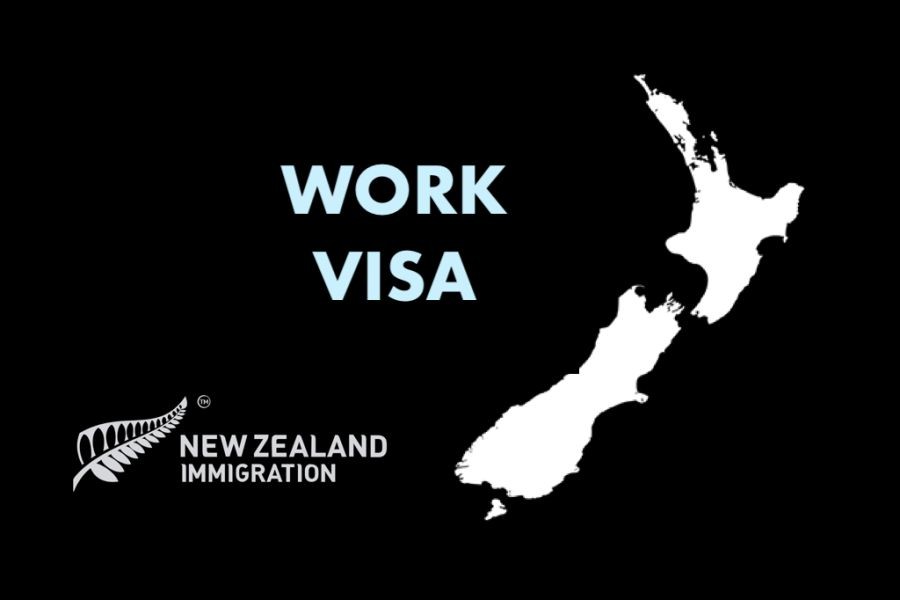

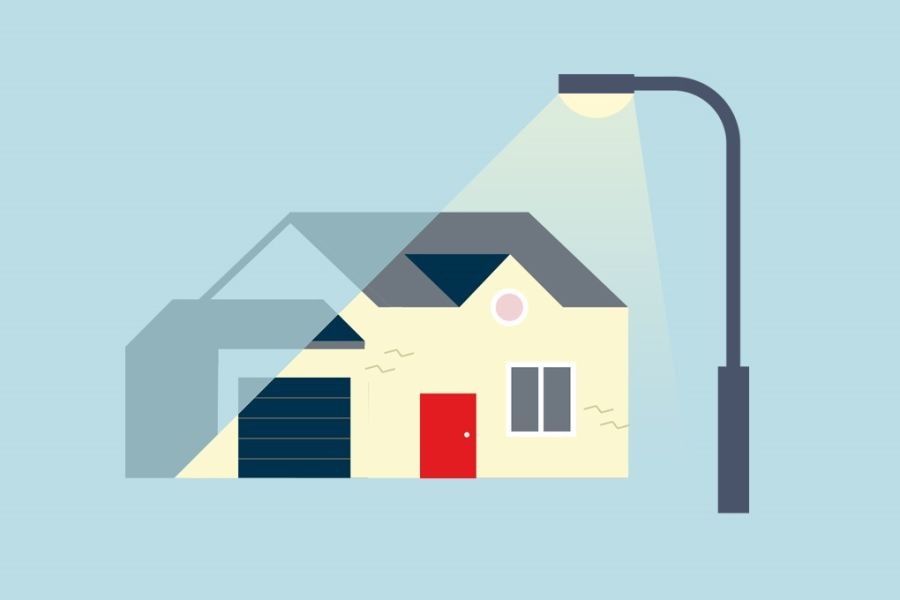
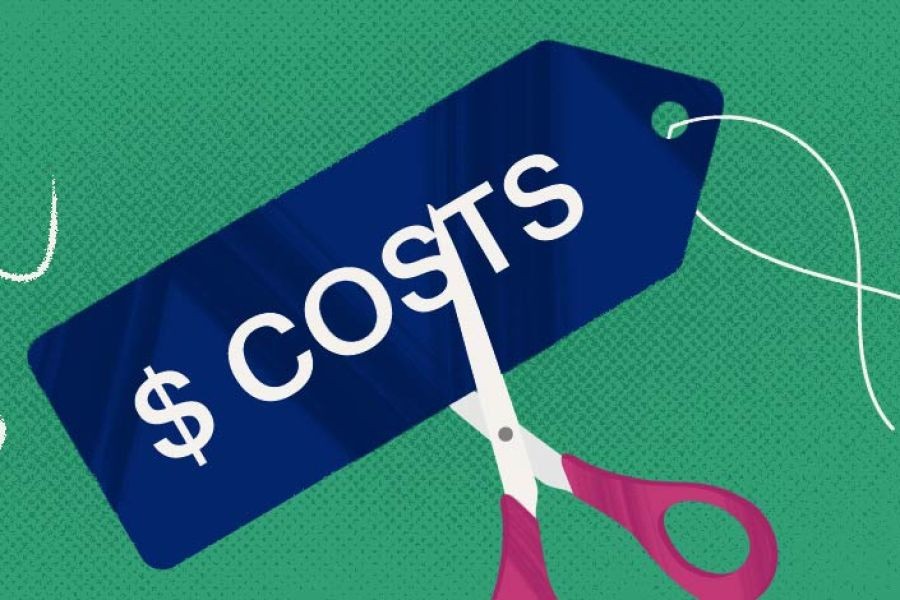



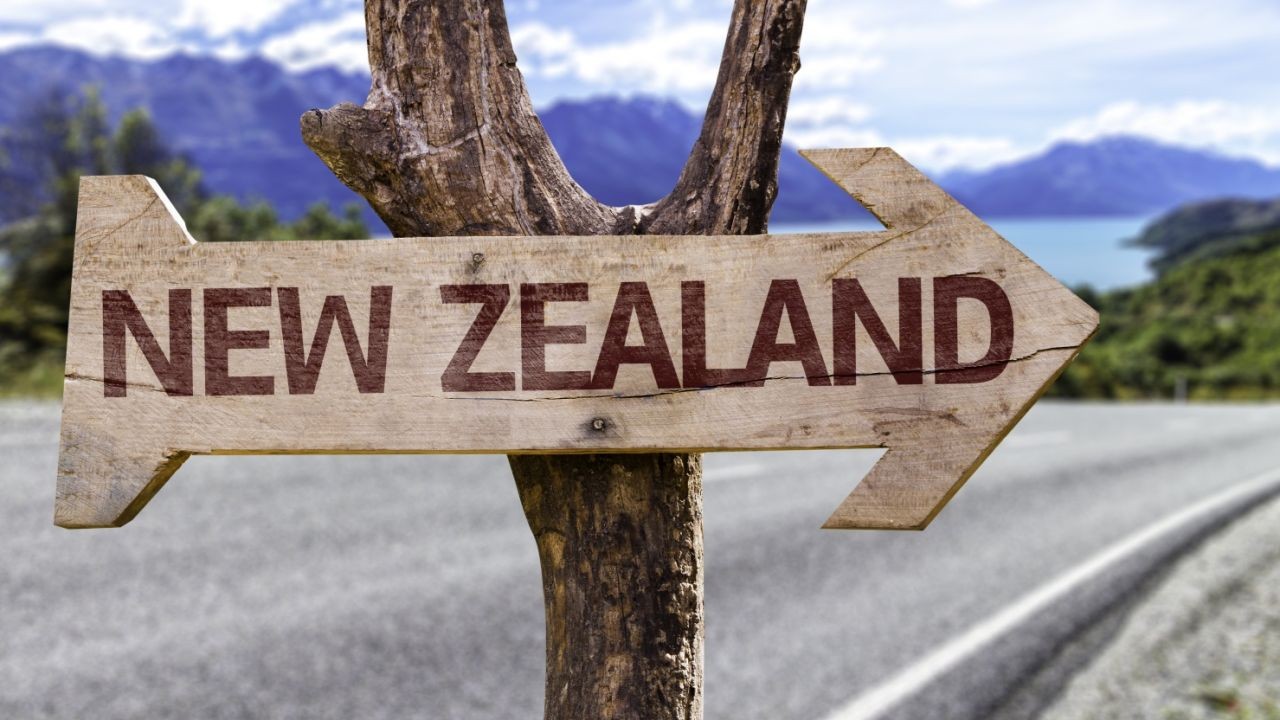



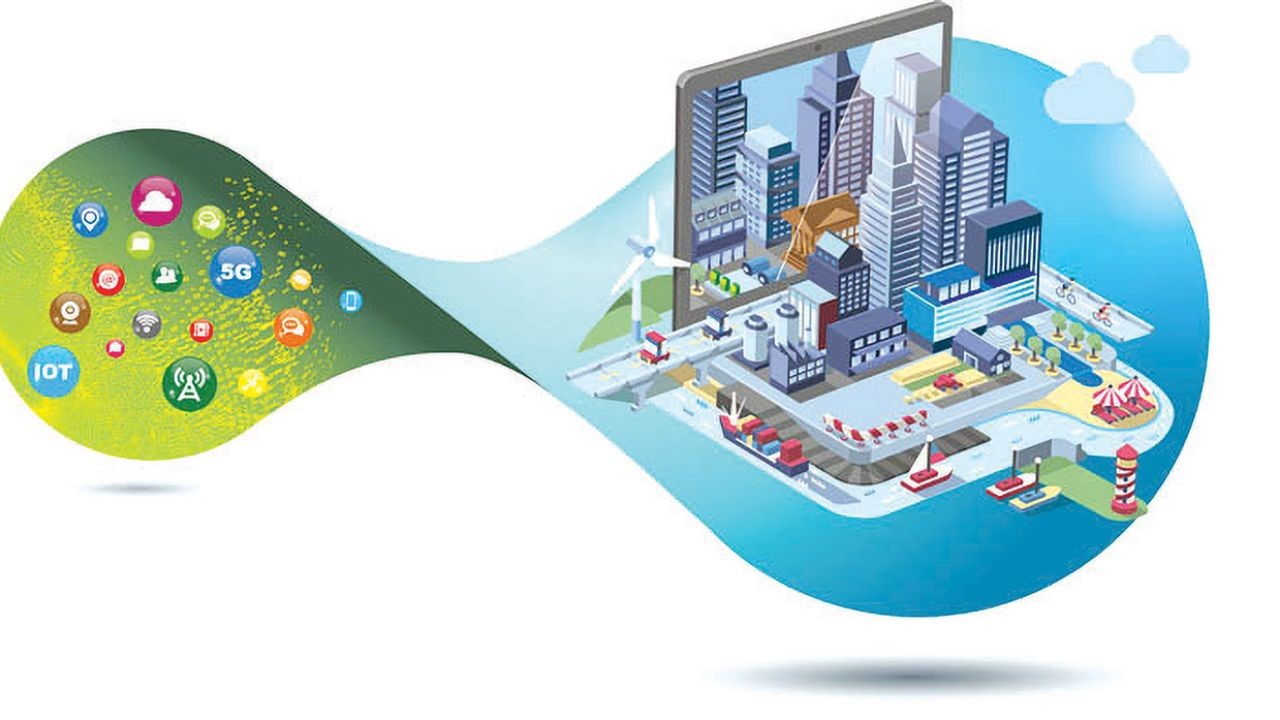

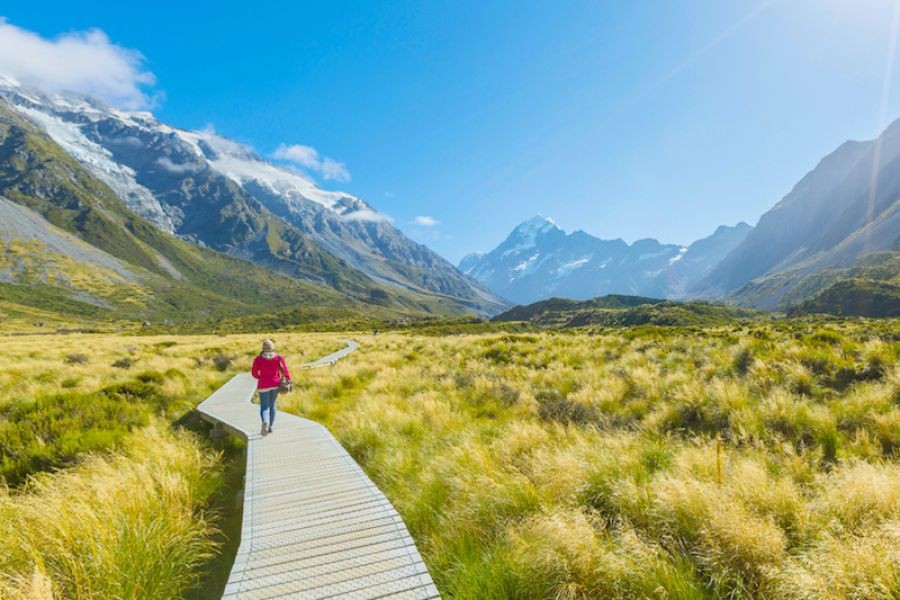





monica4238551
16 days ago